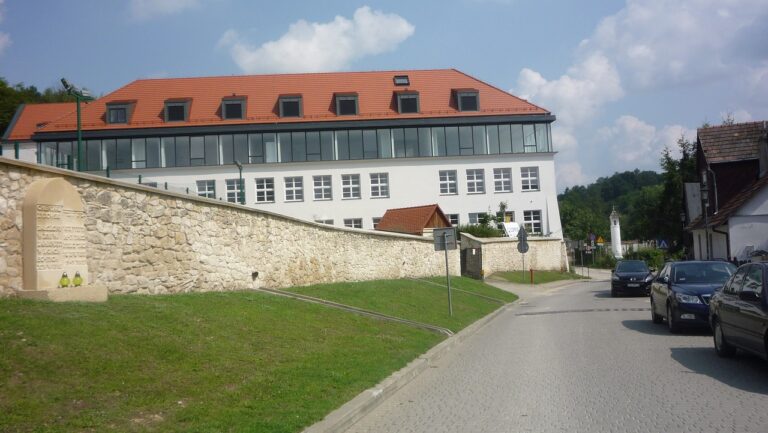Exploring the Role of Music and Movement in Early Childhood Socialization: 11xplay reddy login registration, Gold365 login, Skyfairs new id
11xplay reddy login registration, gold365 login, Skyfairs New ID: Music and movement play a crucial role in early childhood socialization. From a young age, children are drawn to the rhythm, beat, and melody of music, and they naturally express themselves through movement. This innate connection to music and movement provides numerous benefits for children’s social development, helping them to build relationships, communicate, express emotions, and develop a sense of belonging in a social setting.
Exploring the Role of Music and Movement in Early Childhood Socialization:
1. Enhances Emotional Development:
Music has the power to evoke a range of emotions, from joy and excitement to sadness and contemplation. Through music, children learn to recognize and express their feelings, enhancing their emotional development. Movement allows them to physically embody these emotions, providing a holistic approach to emotional expression.
2. Builds Communication Skills:
Music and movement provide a universal language through which children can communicate with each other. Whether through dance, singing, or playing instruments, children learn to listen, respond, and collaborate with their peers, building essential communication skills.
3. Encourages Creativity:
Music and movement spark creativity in children, allowing them to explore different sounds, movements, and expressions. This creative freedom fosters imagination and innovation, helping children develop their own unique voices and identities.
4. Promotes Physical Development:
Movement to music promotes physical development in children, encouraging coordination, balance, and gross motor skills. Dancing, clapping, and stomping to the beat of a song not only engages children’s bodies but also strengthens their muscles and enhances their physical capabilities.
5. Fosters Social Connections:
Music and movement provide opportunities for children to connect with others in a social setting. Whether in a classroom, playground, or community event, sharing music and movement experiences helps children bond with their peers, form friendships, and develop a sense of belonging.
6. Encourages Cognitive Development:
Engaging with music and movement stimulates cognitive development in children, improving memory, attention, and problem-solving skills. Research has shown that music education can enhance academic performance, creativity, and cognitive functioning in children.
7. Supports Cultural Awareness:
Through music and movement, children can explore and appreciate different cultures, traditions, and perspectives. Exposing children to a diverse range of musical styles and movements helps them develop cultural awareness, empathy, and respect for others.
FAQs:
Q: How can parents incorporate music and movement into their children’s daily routine?
A: Parents can play music at home, encourage dance parties, attend music classes or concerts, and engage in musical activities together with their children.
Q: At what age can children start exploring music and movement?
A: Children can begin exploring music and movement from infancy, as early exposure to rhythm, melody, and movement can have a positive impact on their development.
Q: What are some benefits of music and movement for children with special needs?
A: Music and movement can provide a therapeutic outlet for children with special needs, helping them improve communication, social skills, and emotional regulation.
In conclusion, music and movement play a vital role in early childhood socialization, fostering emotional, social, physical, cognitive, and cultural development in children. By incorporating music and movement into children’s daily lives, parents, educators, and caregivers can support their holistic growth and well-being.







